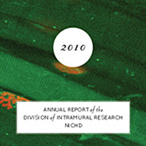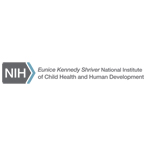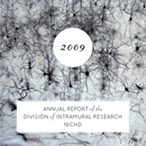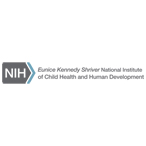Check Out the 2010 Division of Intramural Research (DIR) Annual Report
The 2010 DIR Annual Report illustrates the impressive accomplishments that result when dozens of PIs, more than 350 trainees, and approximately 1,200 staff all work toward the same goal of improving human health.







 BACK TO TOP
BACK TO TOP